Athens is home to a commercial composting facility that services many local businesses and residents. Local businesses can opt in to collecting food scraps in separate bins to be picked up by Athens-Clarke County. These materials are combined with leaf and limb waste to create compost to sell to residents and businesses.
Why It’s Newsworthy: Food waste is the single largest category of solid waste in Georgia landfills. Composting reduces waste and methane emissions produced from organic matter in landfills. Methane, a greenhouse gas, traps heat in the Earth’s atmosphere. The food scrap collection service allows businesses to participate in composting without the maintenance and infrastructure required to compost, alleviating the total waste in the Athens-Clarke County Landfill.“You don’t have to have the worry of oh, is this meat going to decompose or cause rodents to come and get into my garden. Because we do the actual composting for you, it takes away all of the science from you, you don’t have to put in the effort,” said Abigail Sawyer, a commercial recycling specialist for the Athens-Clarke County Unified Government.
Composting can help Athens-Clarke county in more ways than just limiting the quantity of waste being collected in the county landfill. The production of compost provides economic benefits to the county and environmental benefits to its residents.
“Not only is it not going in the landfill, but it’s becoming a useful resource that can go back into the environment or into the yard … having the composting facility they sell the compost to the community at a low price,” said Mason Towe, the waste reduction manager at the University of Georgia.
Through Athens’ commercial composting program, food scraps, and leaf and limb waste can be composted, reducing waste in the Athens-Clarke County Landfill.
The county recently received a grant from the Environmental Protection Agency that allowed them to purchase a new composting truck. Sawyer explained the new truck collects composting materials along its route past multiple local businesses like Condor Chocolates and 1000 Faces Coffee.
After picking up compost from bins across the county, it is taken to the composting facility next to the landfill where the process of creating compost to sell is started.
“When the truck is full, it drives up the hill to our compost facility behind us. It dumps all of that yummy squishy organic stuff out and then we actually cover it immediately with wood chips because all of the limb and leaf collection that happens throughout the county also goes to our compost area,” Sawyer said.
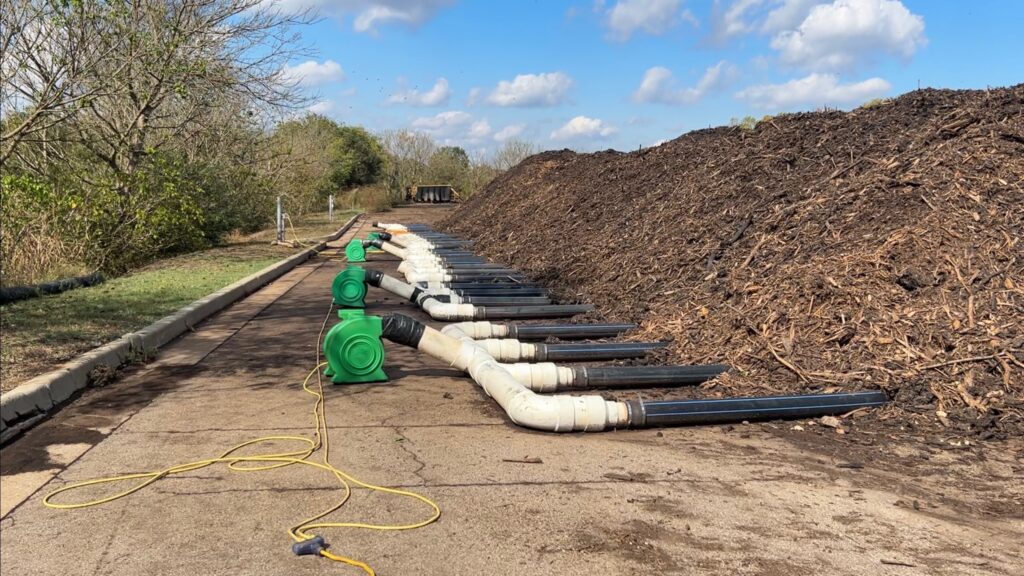
Once the food scraps are covered, they will be mixed with the limb and leaf material and left to sit on an aerated static pile where air is pushed into the materials to aid in the creation of the compost the facility sells to businesses and residents.
In addition to the local residents, some people travel from outside of the county to purchase the compost.
“We actually have some customers that drive in from Alabama and they get truckloads of it. I mean, heaping truckloads of the stuff and they ship it out of state because we produce compost at a far larger quantity than a lot of the other compost facilities that you might think of,” Sawyer said.
The Athens-Clarke County Landfill manages a large quantity of compost, but is limited in the amount it can produce by competitors who also pick up limb and leaf waste. Business participation is another limiting factor for the commercial composting service. The facility requires cooperation from local businesses to reduce their food waste.
“There are only so many places you can put a bin, and folks are overloaded with work anyway, they don’t want an additional task that they have to take care of,” Sawyer said.
Towe explained that food scrap pick up on UGA’s campus became a challenge following COVID-19. Changes in dining hall protocols and limits to staff during the COVID-19 outbreak made managing compost more of a challenge.
While on routes to pick up regular waste, they would have to stop and switch vehicles to go around and pick up food scrap waste from the dining halls and student centers.
“We were having to stop some of our primary function solid waste routes. … So we ran some numbers, talked to Athens-Clarke County to see if that would be possible and yes. … We hired Athens-Clarke County to add to their route our few stops on campus,” Towe said.
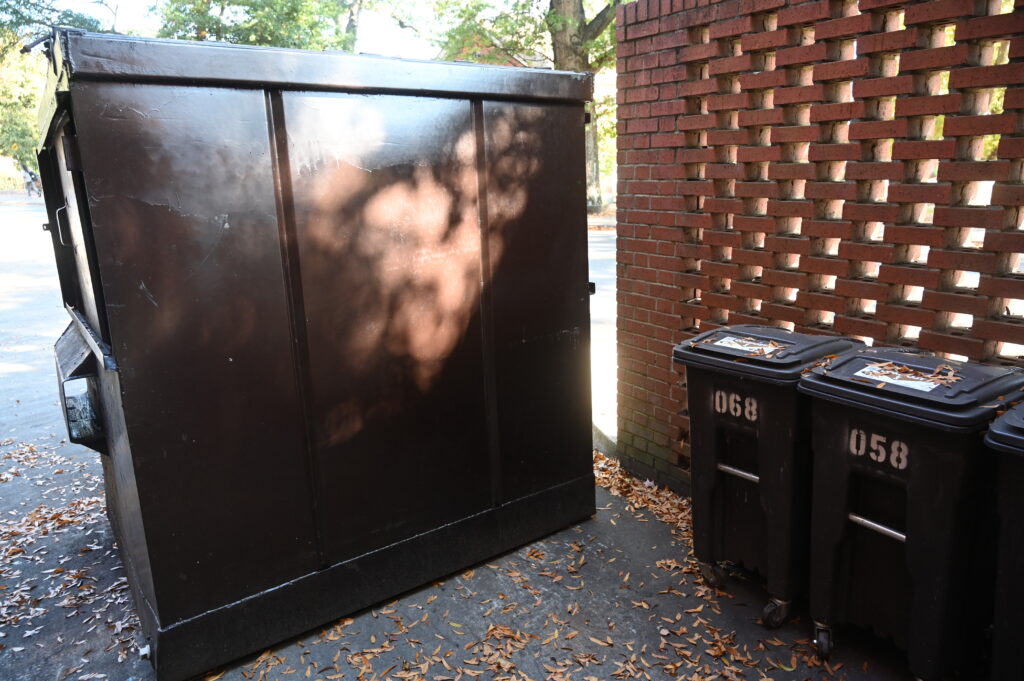
Waste Reduction Services at UGA runs some smaller composting pick-up routes on campus. In addition to the route serviced by Athens-Clarke County, UGA student interns pick up from smaller departmental and break room composting bins.
Increasing the amount of composting and food scrap pick-up participation can be key to limiting the amount of solid waste going into landfills, whether it is done by small businesses like 1000 Faces Coffee or large organizations like UGA.
At 1000 Faces Coffee composting is one of the ways that they work to promote sustainability in their shop, having made it a daily practice to compost coffee grounds and pastries that can’t be sold among other things.
“So it’s just like, kind of like mindless at this point. It’s very easy to do, kind of like a habit,” said Jose Peña, 1000 Faces’ cafe manager.
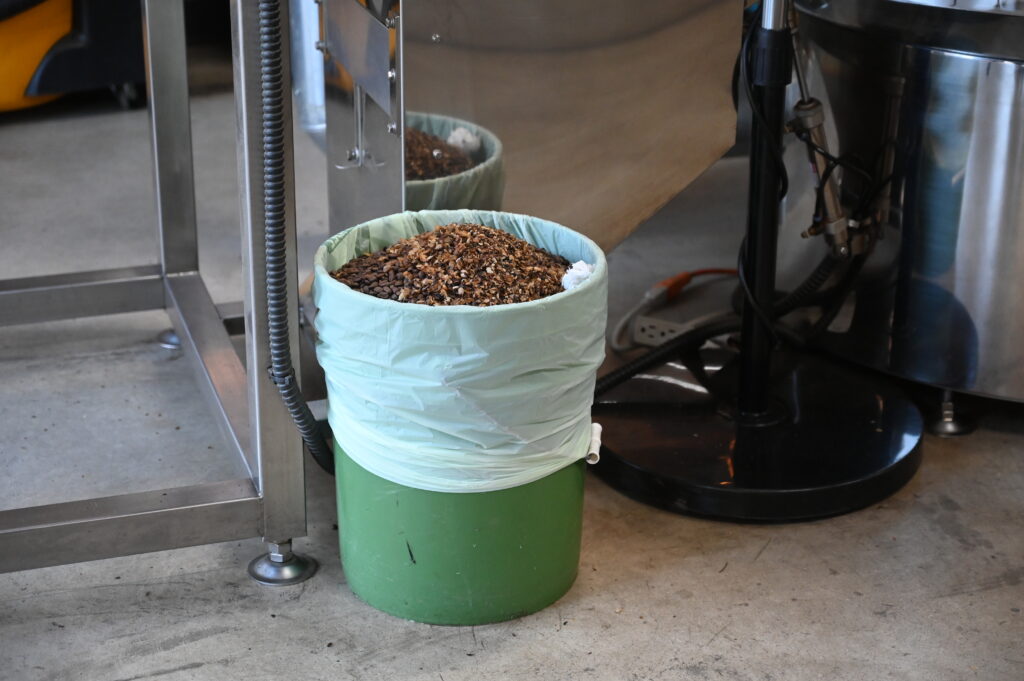
All of 1000 Faces’ employees participate in the shop’s efforts to be sustainable through composting, from their baristas to their roaster.
“I would say it’s relatively a simple process. I mean, from the get go starting to work here. It was just like definitely one of those things that kind of sets us apart. …It’s just really simple and super cool that we are composting,” said Lindsay Cartwright, a barista at 1000 Faces.
Although commercial composting can be a simple process for businesses, getting businesses to participate in Athens’ collection program can be a challenge. It requires an extra step for businesses to have separate compostable waste bins. Businesses receive fees if their compost bin contains non-compostable materials like plastic.
Even with these limitations, Athens’ food scrap pick-up program is helping the county extend the life of its landfill, allowing the people living here to stay longer and new people to keep moving to the area.
“It means that our landfill is going to last longer and folks tend to stay here for generations,” Sawyer said. “There are families in the area that have always been here, and if we can get the landfill to last longer for the family that comes after them, and the family that is growing in those communities, it’s gonna make their lives easier.”
Jason Wier and Victoria Adkins are students majoring in journalism at the University of Georgia.


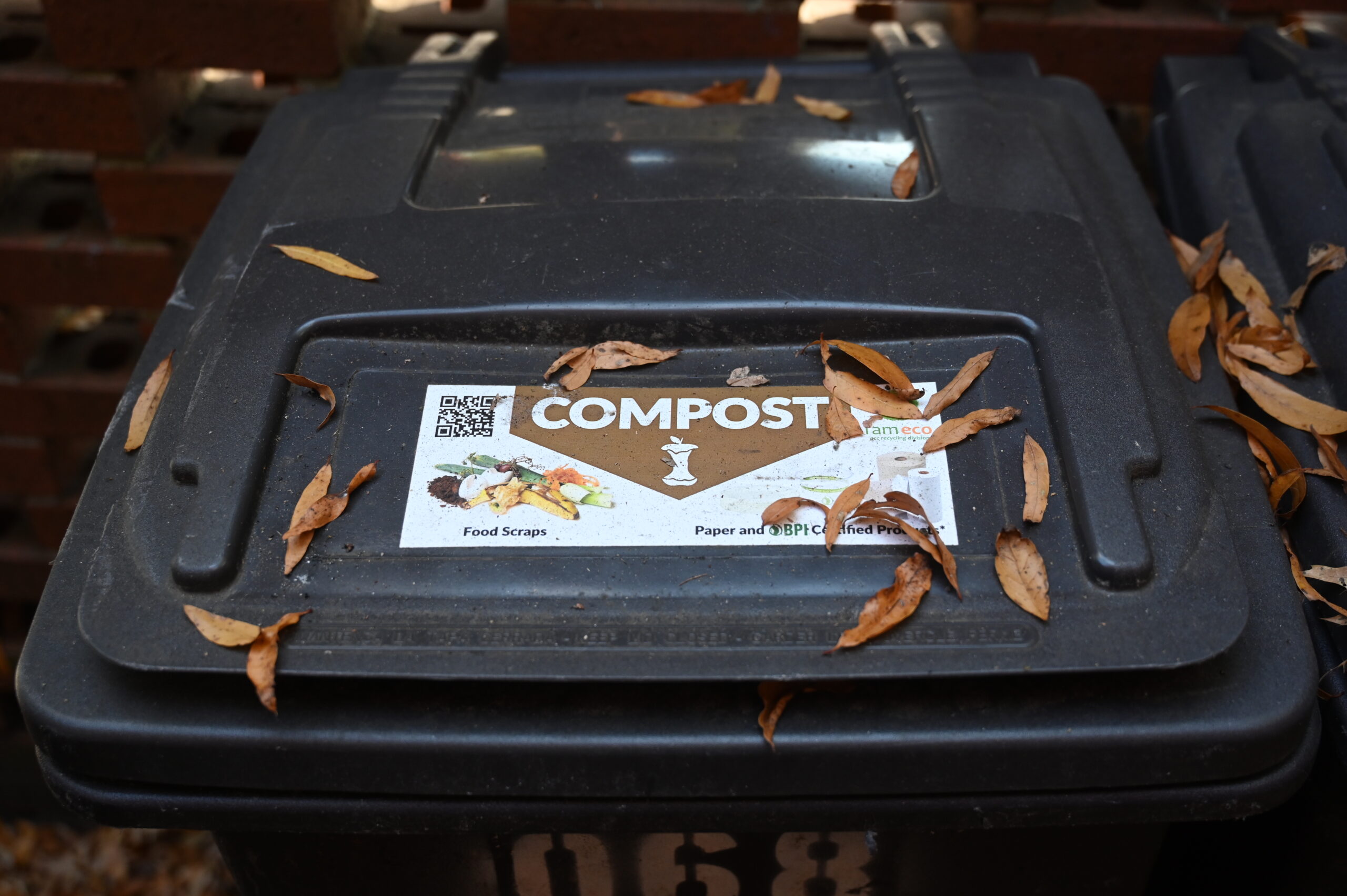


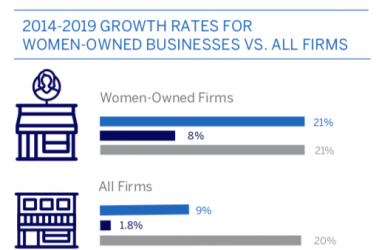



Show Comments (1)